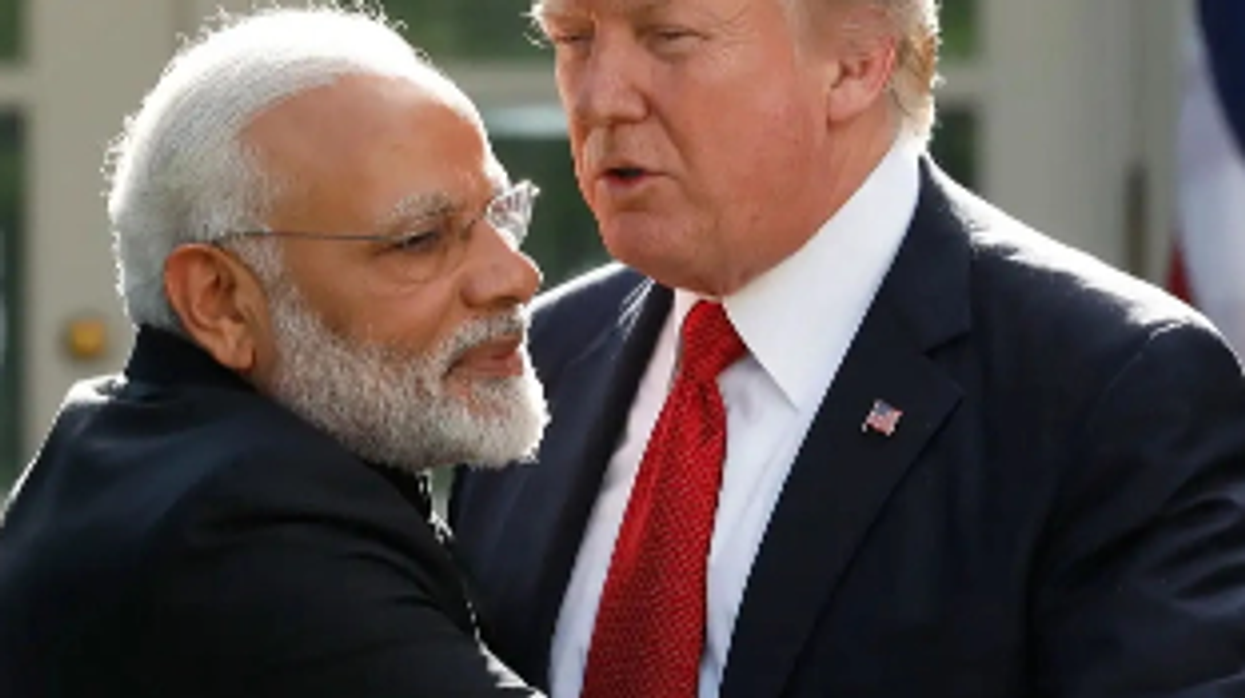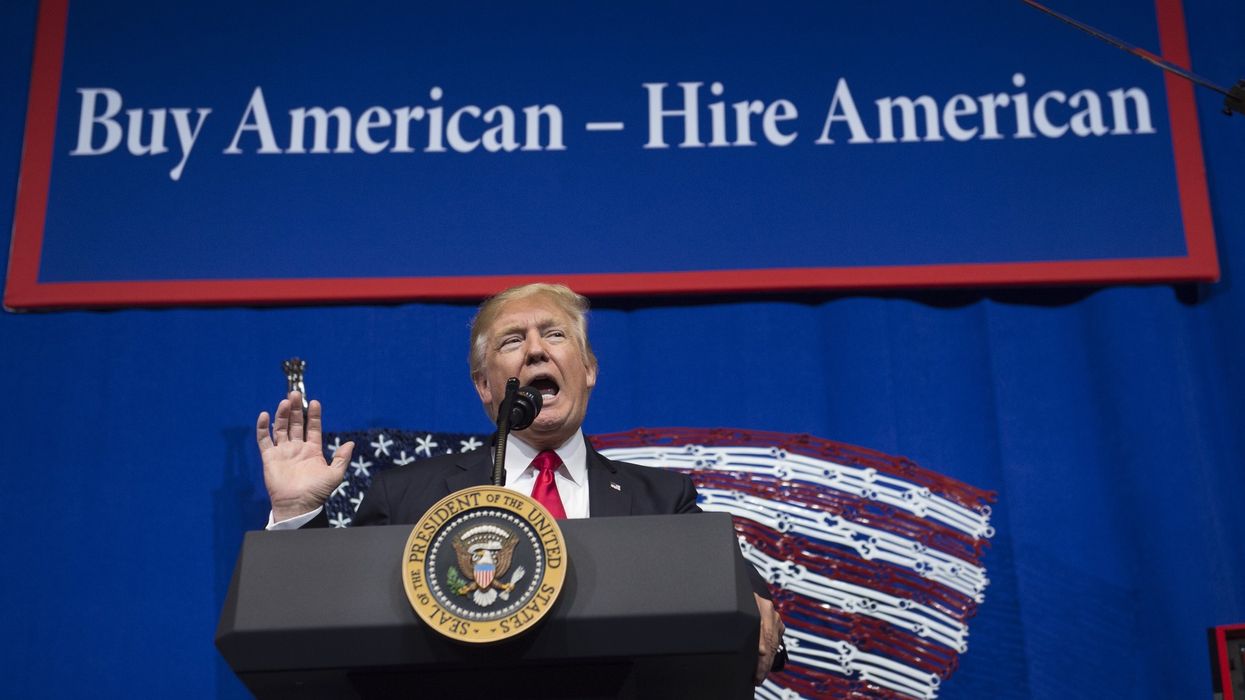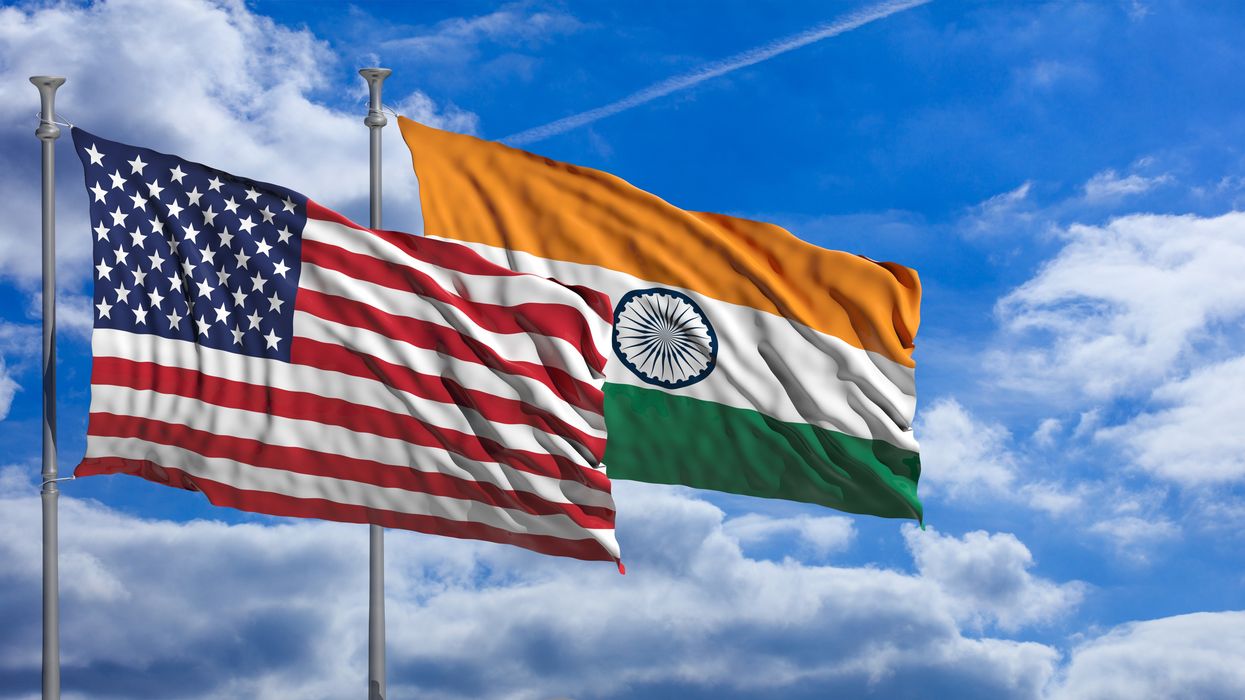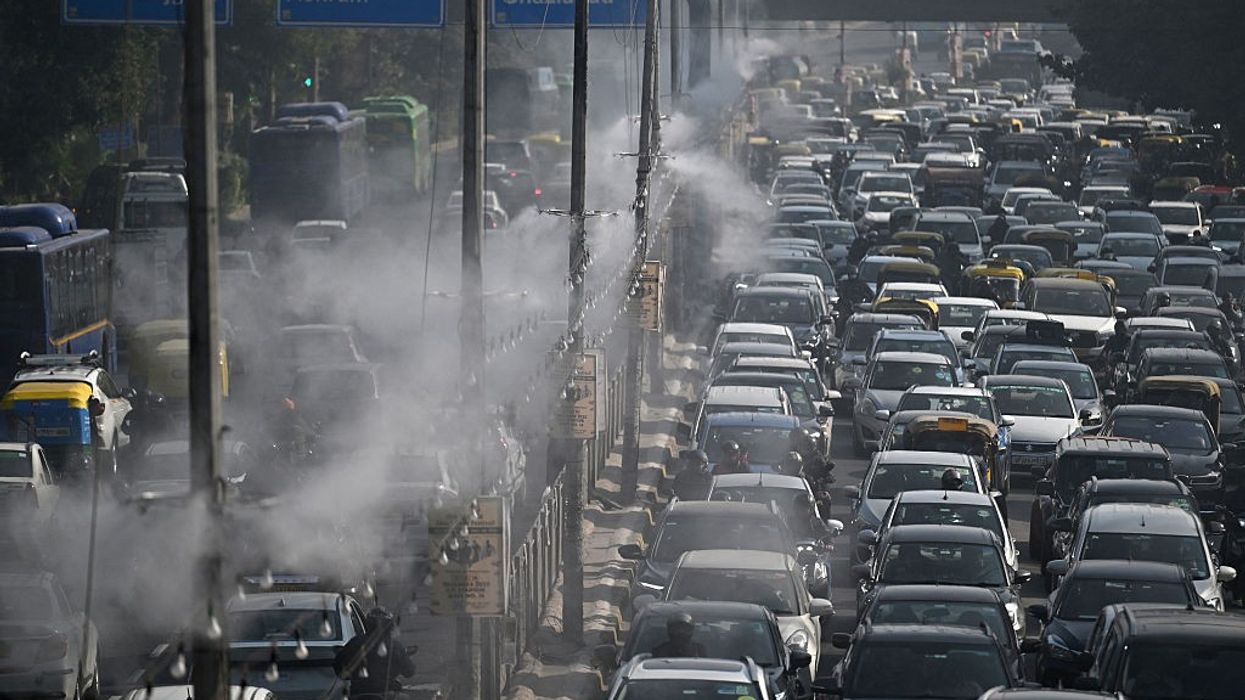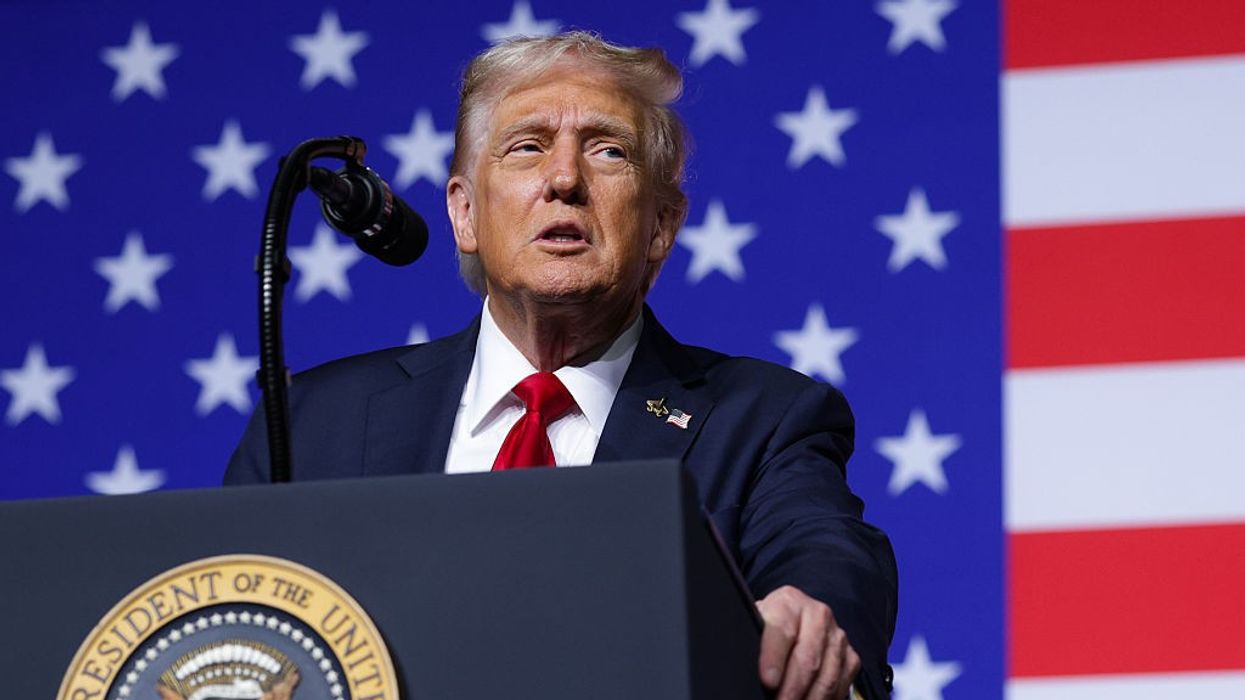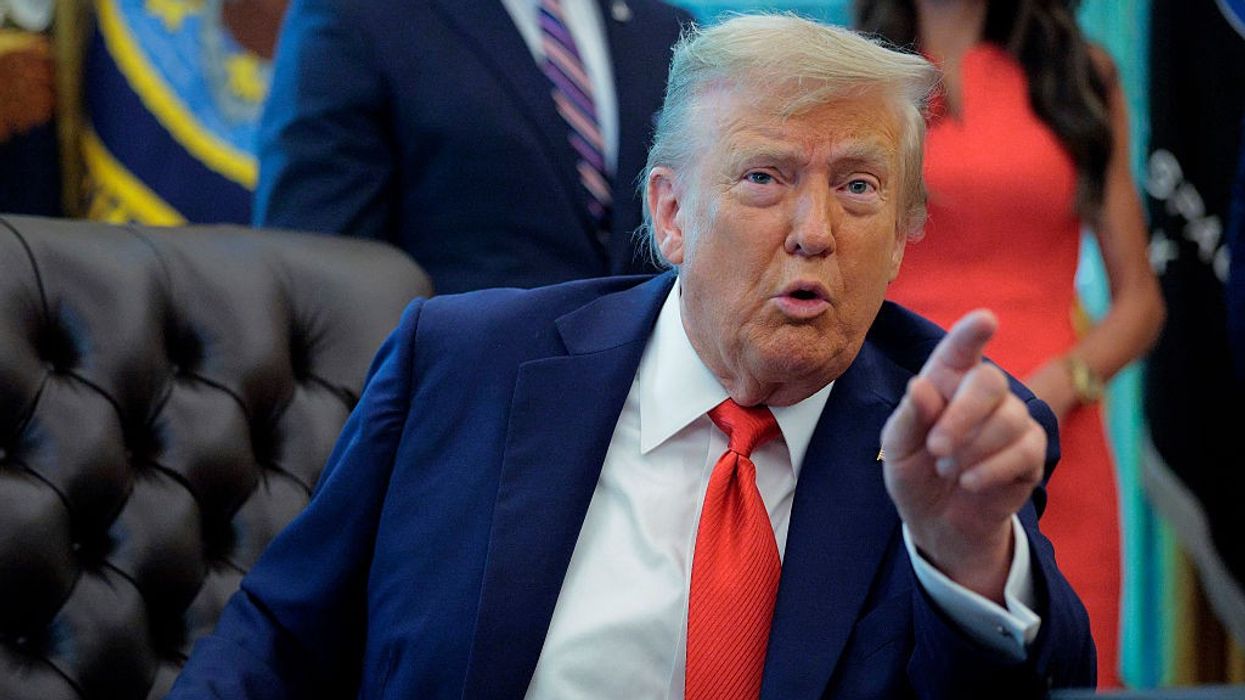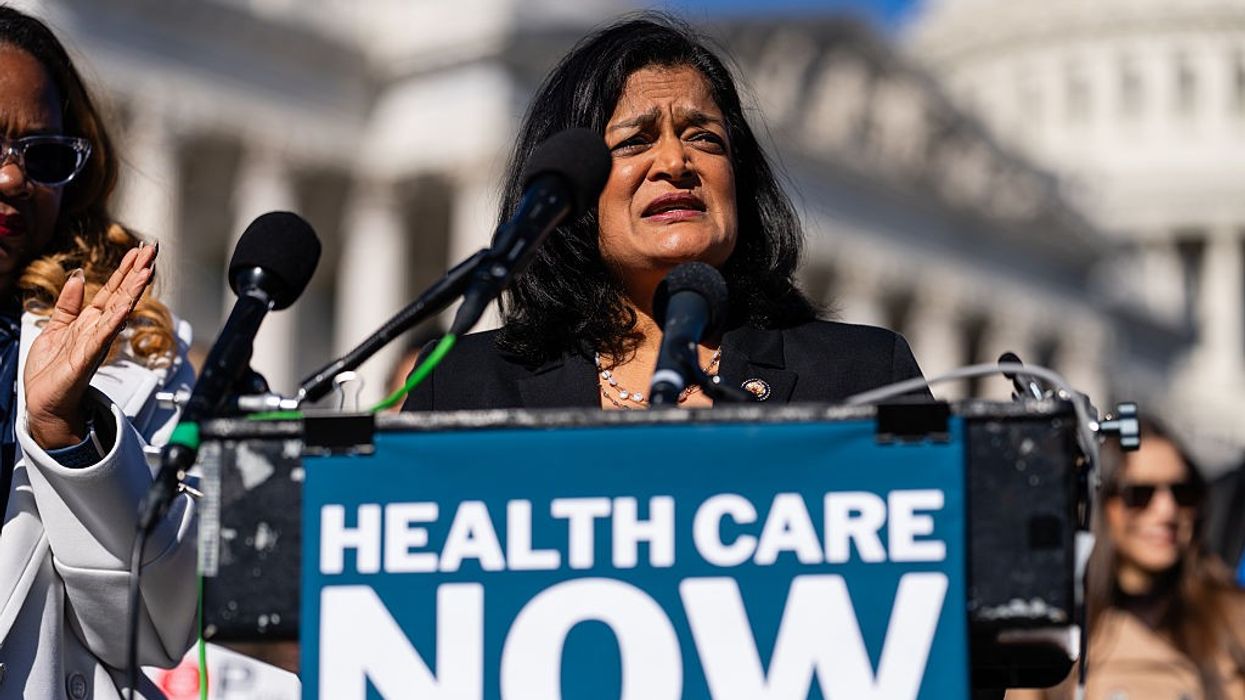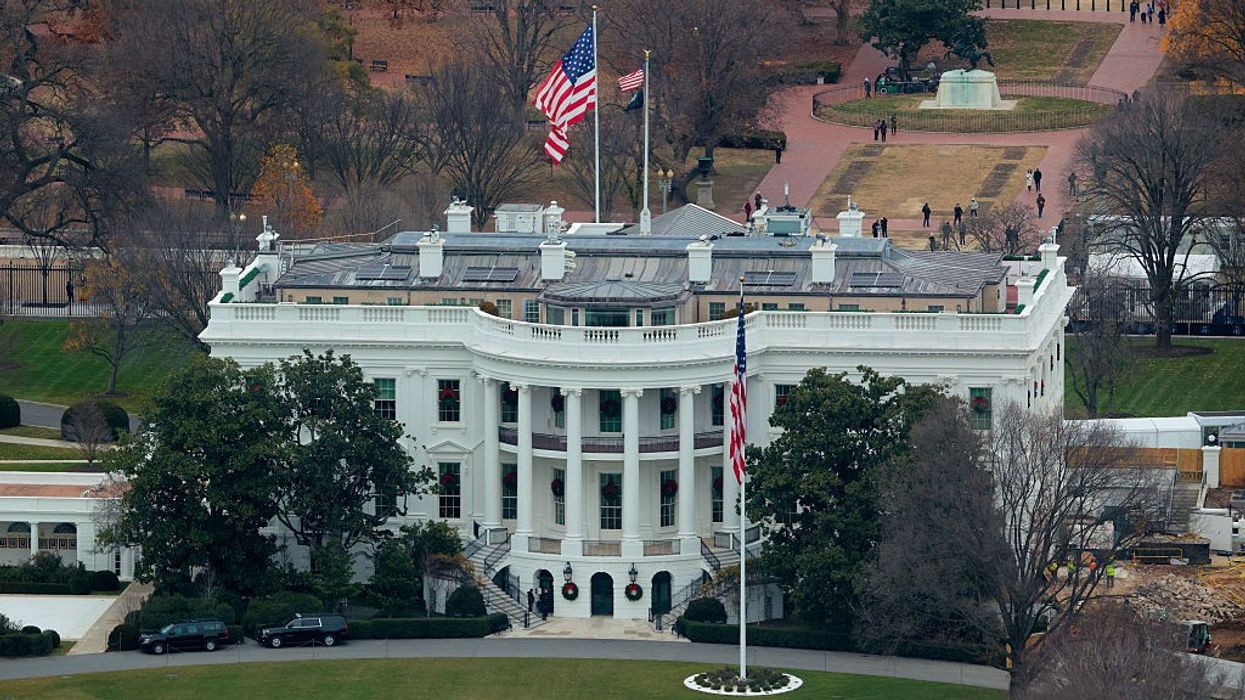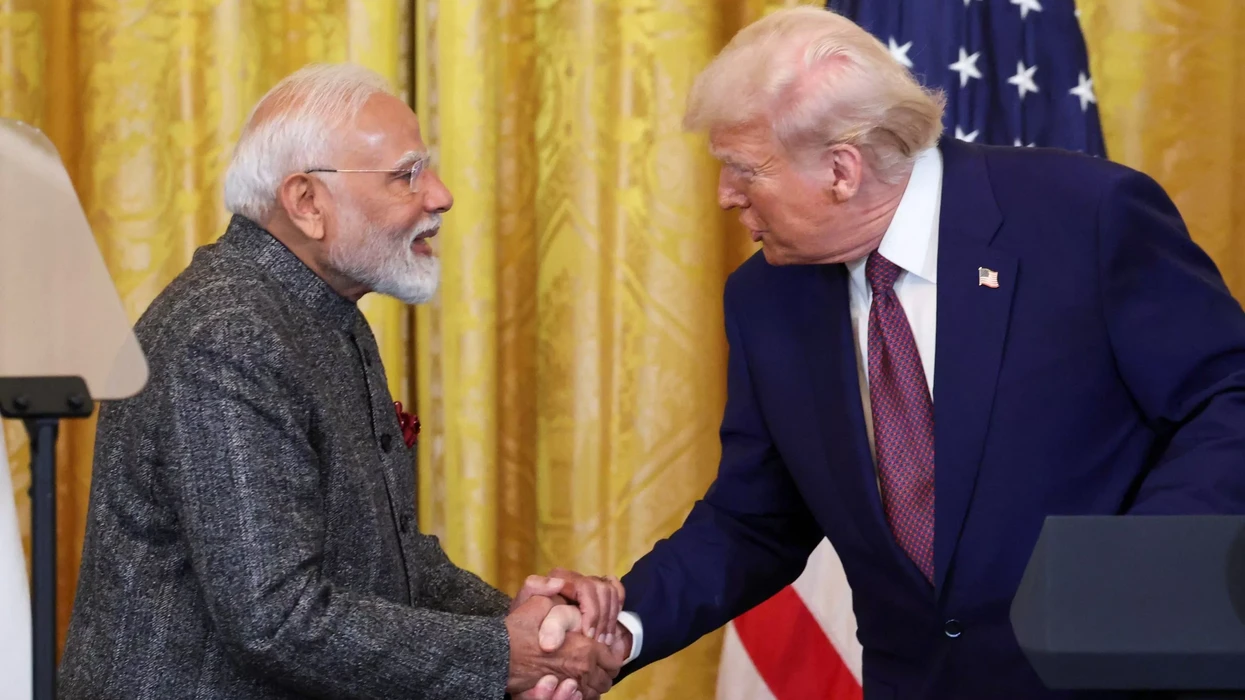As India gears up for broader trade negotiations with the United States, agriculture continues to be a major sticking point. With an earlier goal of securing a "mini deal" before August 1 now unlikely, the focus has shifted to finalizing a Bilateral Trade Agreement (BTA) by September or October 2025. Despite the obstacles, Indian officials remain prepared for a possible last-minute trade announcement by US President Donald Trump, much like similar unexpected deals signed with Indonesia and Vietnam.
Agriculture: The core of the disagreement
The agricultural sector remains a critical area of divergence. India is firmly against any major opening of its agricultural markets to foreign imports, aiming to protect its large population of domestic farmers. In contrast, the United States continues to push strongly for increased access to the Indian agricultural market.
A senior Indian official involved in the negotiations commented that, “Agriculture remains a major issue where there is lack of agreement.” The U.S. considers India an important trade partner in the Asia-Pacific region, and a bilateral agricultural agreement could significantly influence similar negotiations with other global economies such as the European Union and Japan.
Broader bilateral agreement on the horizon
With the prospect of a mini deal dwindling, Indian negotiators are now aligning their strategy toward a more comprehensive Bilateral Trade Agreement. According to sources, the Indian delegation has concluded its latest round of talks in Washington, leaving the terms of the deal clearly stated. “Whether they accept the terms is up to them,” said one official.
A key concern for US negotiators is that if agriculture is left out of the India deal, it could set a problematic precedent for upcoming negotiations with the EU and Japan. For India, however, prioritizing domestic farmer interests remains paramount, especially with political sensitivities surrounding agriculture policy.
Trump factor: A surprise still possible
Despite the current deadlock, Indian officials are not discounting the potential for a surprise decision from President Trump. Similar last-minute trade announcements in recent years with Vietnam and Indonesia bypassed sticking points and were announced following direct leadership-level discussions.
“This was done after a phone conversation between Mr. Trump and the heads of Indonesia and Vietnam, respectively,” a second source observed. “The same can always pop up with India; we have not ruled it out.”
Given the unpredictable nature of Trump’s decision-making style, a last-minute declaration on a partial or symbolic trade deal remains a possibility, even if not all the contentious issues are resolved beforehand.
Automotive sector also a hurdle
Alongside agriculture, another key challenge in the trade talks is the U.S. stance on import duties related to automotive components. While India is seeking reduced tariffs to help its domestic manufacturing sector, the U.S. has shown reluctance to bring those duties down to zero, citing its own industrial and labor concerns.
As the August 1 mini-deal deadline nears, it is increasingly clear that both nations are positioning themselves for a larger, more complex trade agreement in the coming months. However, the possibility of a Trump-led surprise announcement keeps all options on the table, even as agriculture and automotive issues remain unsolved.
